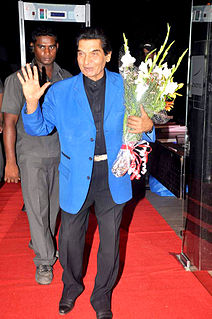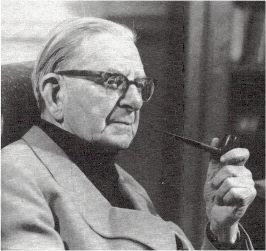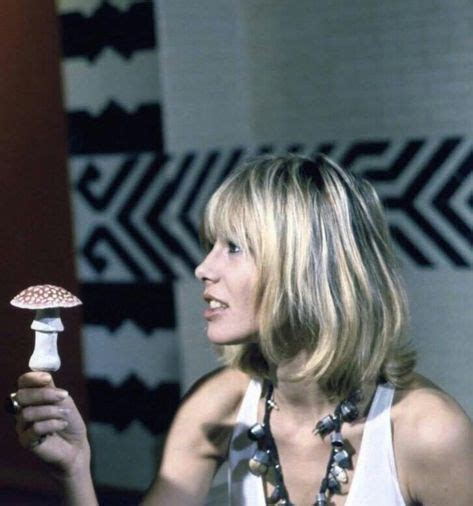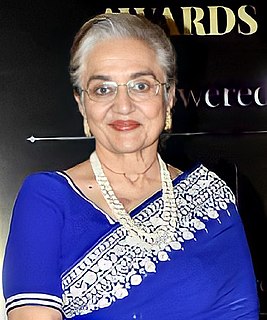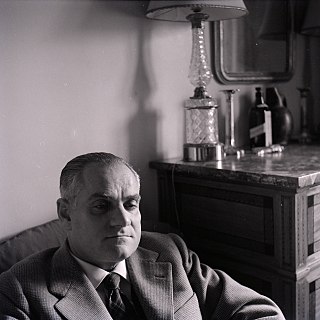A Quote by Meb Keflezighi
I love to read autobiographies. [What is your favorite autobiography?] the autobiography of Coach John Wooden. Everybody has a struggle so it's about seeing how they overcome it and be the best they can.
Related Quotes
People are more interested in reading bombastic ideas, whether they're positive or negative. Part of me has sort of lost interest in doing criticism because of that. I've always realized that criticism is basically autobiography. Obviously in my criticism, it's very clear that it's autobiography, but I think it's that way for everybody.
I’m not the smartest guy in the world, but I’m certainly not the dumbest. I mean, I’ve read books like "The Unbearable Lightness of Being" and "Love in the Time of Cholera", and I think I’ve understood them. They’re about girls, right? Just kidding. But I have to say my all-time favorite book is Johnny Cash’s autobiography "Cash" by Johnny Cash.


